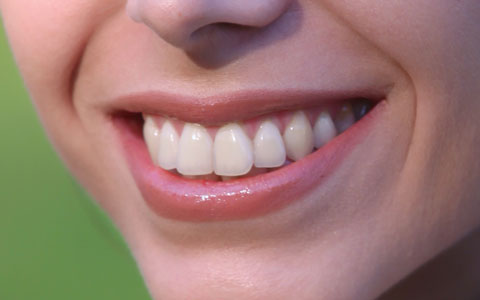 During pregnancy, women need to take extra care to maintain healthy teeth and gums. The changes in the hormones can make women’s gums more susceptible to disease. These hormones can cause gums to become inflamed and bleed. A good routine of dental care that involves brushing and flossing every day can help to keep your gums healthy. If you have bleeding gums or inflammation make sure you see your dentist early. There is increasing evidence that dental disease not only has an impact on our health but can also have an impact on our baby’s health.
During pregnancy, women need to take extra care to maintain healthy teeth and gums. The changes in the hormones can make women’s gums more susceptible to disease. These hormones can cause gums to become inflamed and bleed. A good routine of dental care that involves brushing and flossing every day can help to keep your gums healthy. If you have bleeding gums or inflammation make sure you see your dentist early. There is increasing evidence that dental disease not only has an impact on our health but can also have an impact on our baby’s health.
If you are planning to get pregnant, have a dental check and make sure you have healthy teeth and gums or are in good condition. Your daily routine should already include brushing twice a day with a soft toothbrush and fluoride toothpaste. You should also use dental floss, particularly at night before you go to bed.
To have healthy teeth and gums, when brushing it is important to remember that the tooth has five surfaces- a front, a back, two sides and a top. You need to make sure every surface is cleaned. Dental floss will help you clean the front and back of your teeth as these cannot be reached with the toothbrush. If you find your gums bleed with brushing, check you are using a soft brush. You may also find some blood on the dental floss. It is important to continue to floss but this should always be done gently.
Fluoride in toothpaste helps to strengthen teeth and prevent decay. There is no evidence to support taking fluoride tablets as most water is now fluoridated. If your water supply does not contain fluoride then discuss this with your dentist.
A healthy balanced diet is also important during pregnancy. Your baby’s bones and teeth begin to calcify when you are only four months pregnant and the calcium and phosphorous they need comes from what you eat. If the baby cannot get it from your diet it will take it from your bones! In the last three months of pregnancy, the baby’s requirements for these minerals increase further. Pregnant women need around 1100mg per day of calcium and breastfeeding mothers to need about 1200mgs. Dairy products are the highest in calcium (milk, cheese, yoghurt, cottage cheese etc). Women can also get calcium from fish such as canned salmon, tahini and nuts such as almonds.
Healthy teeth in pregnancy
Once you are pregnant you may experience morning sickness in the first weeks or months of pregnancy. If you are vomiting the acid from the stomach contents can dissolve some of the tooth enamel. If you brush your teeth every time you vomit you can actually damage them. Smearing some toothpaste on your teeth and then rinsing your mouth with water can help you to feel fresh again.
Women often find that brushing their teeth makes them gag, particularly when cleaning their back teeth. Sometimes the toothpaste triggers this response and you may need to avoid it for a while or change to a different type. Try to return to using a fluoride toothpaste as soon as you can tolerate it. Some women also find they have significant cravings in pregnancy, or they may find that nausea drives them to have frequent snacks. Try to eat food low in sugar. Lots of soft drinks, for example, can lead to dental decay. Water and milk are ideal drinks.
If you visit the dentist when pregnant make sure they know as you should avoid certain medications during pregnancy. You should avoid X-rays wherever possible during pregnancy.


Recent Comments